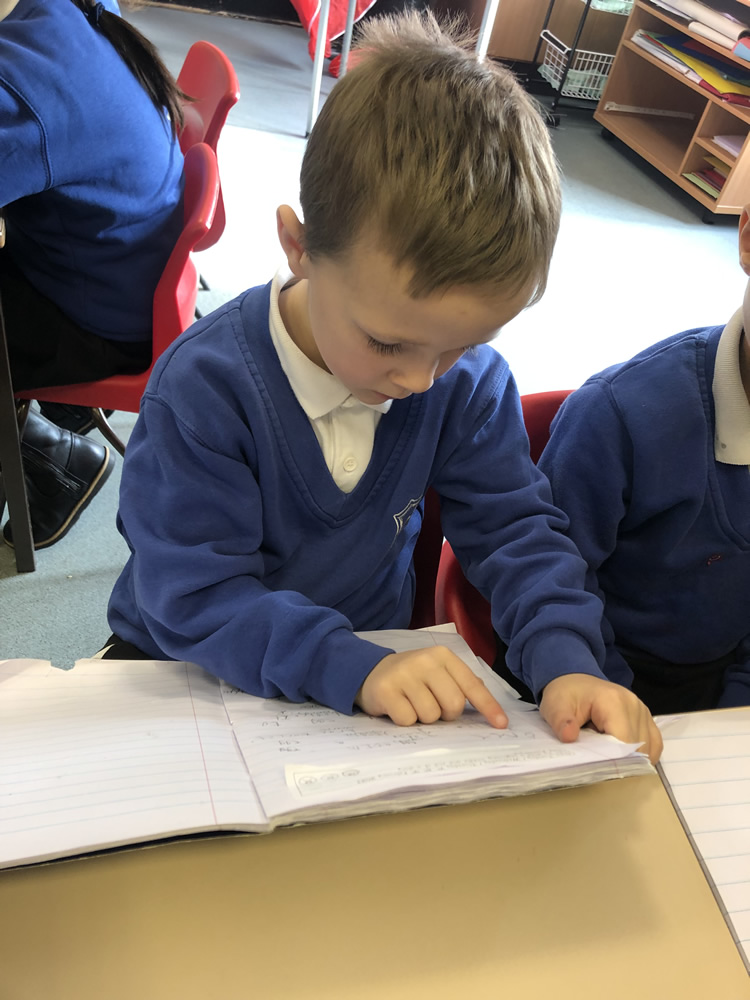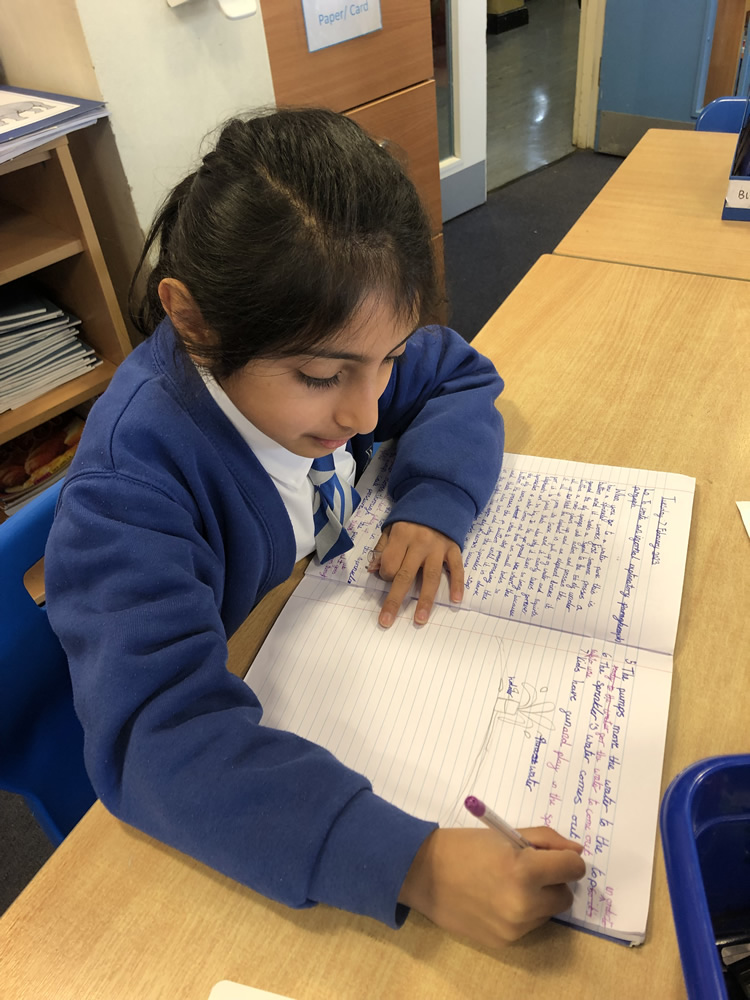English is a cornerstone to unlocking the future for our children. Understanding the language is essential for them to feel confident and secure and to help them access and appreciate the world around them. It is the foundation of everything they will undertake in their lives and the access point for all parts of the school curriculum. At Ashford we aim to inspire a love of learning by teaching literacy skills through all the subjects.
Our aim is to teach them to:
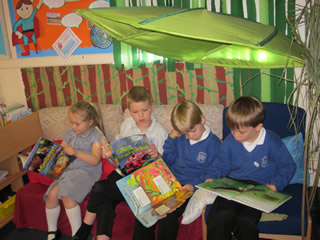
Our aspiration is for all children at Ashford CE to develop a life-long love of reading. We recognise that through reading, children develop culturally, spiritually, socially, emotionally and intellectually. The children are exposed to a wide range of different texts, genres and authors and our aim is for all children to understand what they are reading and read fluently. Through different texts, the children can develop a rich and varied vocabulary which can be used to enhance their learning in other areas of the curriculum.
Our reading curriculum is taught as discrete lessons as well as being woven through the rest of the curriculum. Children are given the chance to practise their reading skills through whole class reading sessions and individual interventions. Throughout the school, children have the opportunity to read aloud, read silently and listen to a text being read to them. The focus of all these sessions is to teach the two core skills of reading: recognising words and understanding language. All children regularly read on an individual basis, and this allows them to develop their fluency as well as their comprehension skills.
Years 2-6 have 3 30-minute whole class reading sessions a week, using a high-quality text. During these sessions, the focus is on developing a particular skill so that the children secure this knowledge. Each half-term a different book is chosen, and we ensure there is a wide selection of fiction, non-fiction, graphic novels and picture books. These books are sometimes linked to learning in other areas of the curriculum for example geography and history. Texts are challenging and ensure children are exposed to a higher level of vocabulary, characters and plots.
We use Reading Vipers to explain the different skills we are focusing on in a session. The Reading Vipers are displayed in all classrooms so the teacher and the children can refer to them.
As well as the high-quality texts used within these sessions, the children are able to choose a book, pitched at their level, from our reading scheme. They have regular opportunities to read this book with an adult at school and they can also take this book home to share with their families. Within the reading scheme, there are a range of different genres and styles of text.
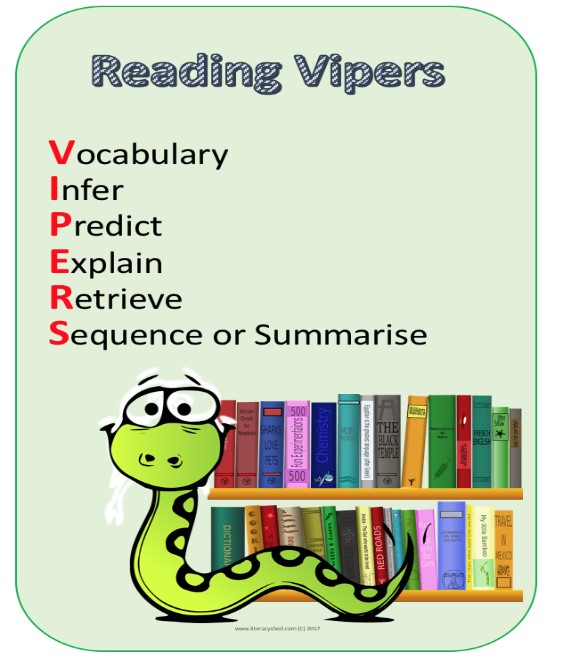
Our aim is to develop and embed a strong, sustainable reading culture within the school community. Confident and competent readers will foster a love of reading through a rich and varied experience of texts, in which they are empowered to exercise freedoms of choice and independence. Inspiring children to read is their fundamental right. It underpins all learning and secures a good trajectory for personal development and an understanding the world in which they live. In order to develop this love of reading, we ensure children have a range of opportunities to read and enjoy books.
To inspire readers across the school, book recommendations are included every week in our newsletter. Different members of staff and governors recommend three books a week that they think children in KS1, Year 3 and 4 or Year 5 and 6 would enjoy. Children themselves have also had the opportunity to recommend their favourite books.
We celebrate reading as much as we can through an annual Readathon, World Book Day and Storytelling Week. We also run a weekly school competition, The Golden Book, where the class with the most reading at home receive a special book for their book corner.
At Ashford we are passionate about reading and want to foster a lifelong love and appreciation for reading in all children. We know that developing a love of reading benefits all aspects of your child’s learning, including helping them to be better writers. As a result, we have compiled a selection of the top 50 books for your child's year group. There is a diverse mixture of genres, as well as books that even the most reluctant reader would love. Check out the list to see what can be added to your child's bedtime routine tonight.
At Ashford CE, we love to celebrate birthdays! However, we would like to do things a little differently this year and have found a way to not only allow everyone in school to share in a child's celebrations, but to continue to enjoy the occasion for years to come. Instead of bringing sweets into school, which as a healthy school we try to discourage, we ask that pupils who wish to share a gift with their friends to bring in a Birthday Book! As a school passionate about the love of reading, this combines two great celebrations.
So, rather than pupils having up to 30 bags of sweets a year, they could instead have access to a wide range of high-quality texts that can be enjoyed for years to come. When a pupil does bring a book in for their birthday, this will be passed to the class teacher to celebrate, as well as showcased during story time that day. A lovely label will be placed inside the book detailing the birthday pupil's name, age, when the book was donated. The book will then be placed in our library for pupils to read for years to come. If you would like to share in this wonderful birthday celebration scheme, we have compiled wish lists of age-appropriate books that pupils and staff would love to have access to - these can be found below.
Follow the links to see the lists; however, if you would like to donate a different text, this would still be very much appreciated. Thank you for the support and understanding and we hope you like the idea. We cannot wait to celebrate your little one’s birthday through some fantastic books.
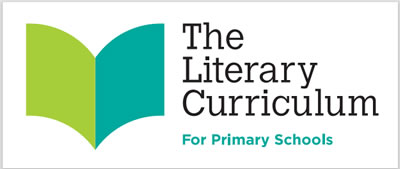
At Ashford, we are passionate about delivering an ambitious and exciting writing curriculum. We use The Literary Curriculum to support our planning and delivery of this rich curriculum. We aim to use high quality books that offer opportunities for empathy and can aid philosophical enquiry, where children see their cultures, families and relationships reflected, as a means of developing the spoken language requirements through debate, drama and discussion using the issues raised through, and within, the text.
Writing objectives are covered more than once across the different writing units and children have the opportunity to apply these several times across the year. We have also built in opportunities for the children to consolidate and apply prior knowledge and learning.
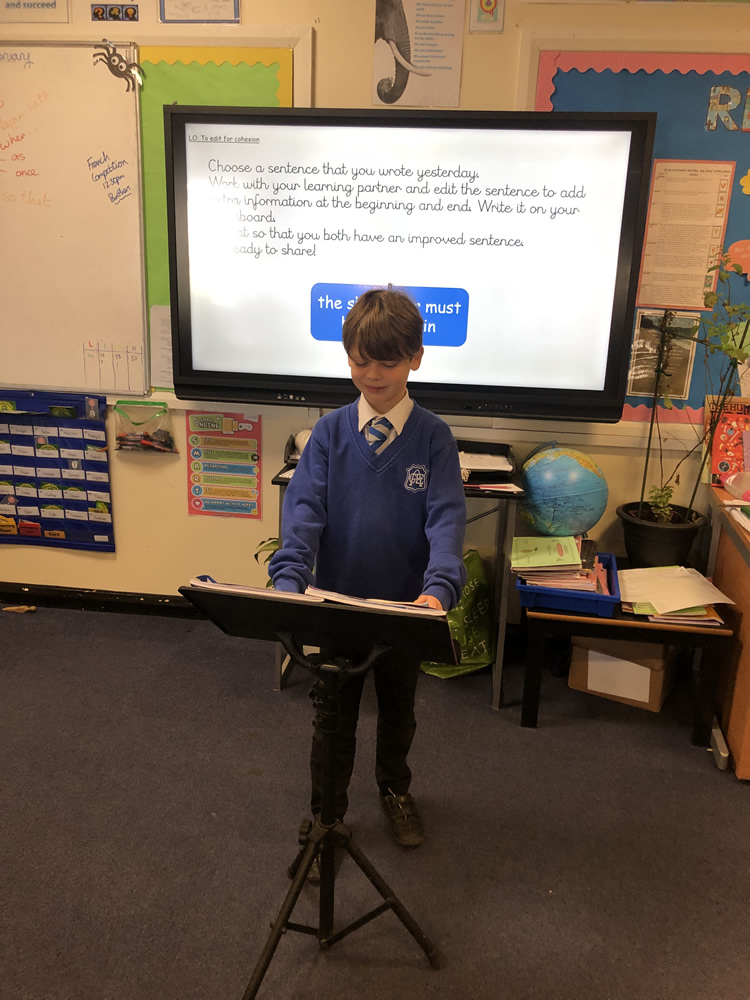
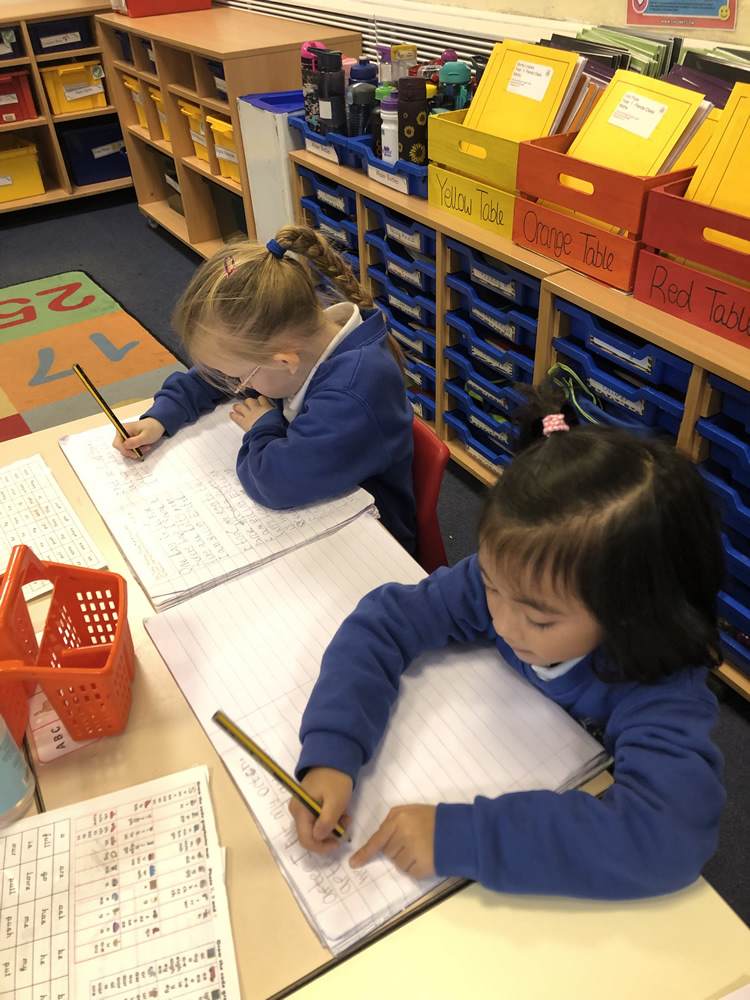
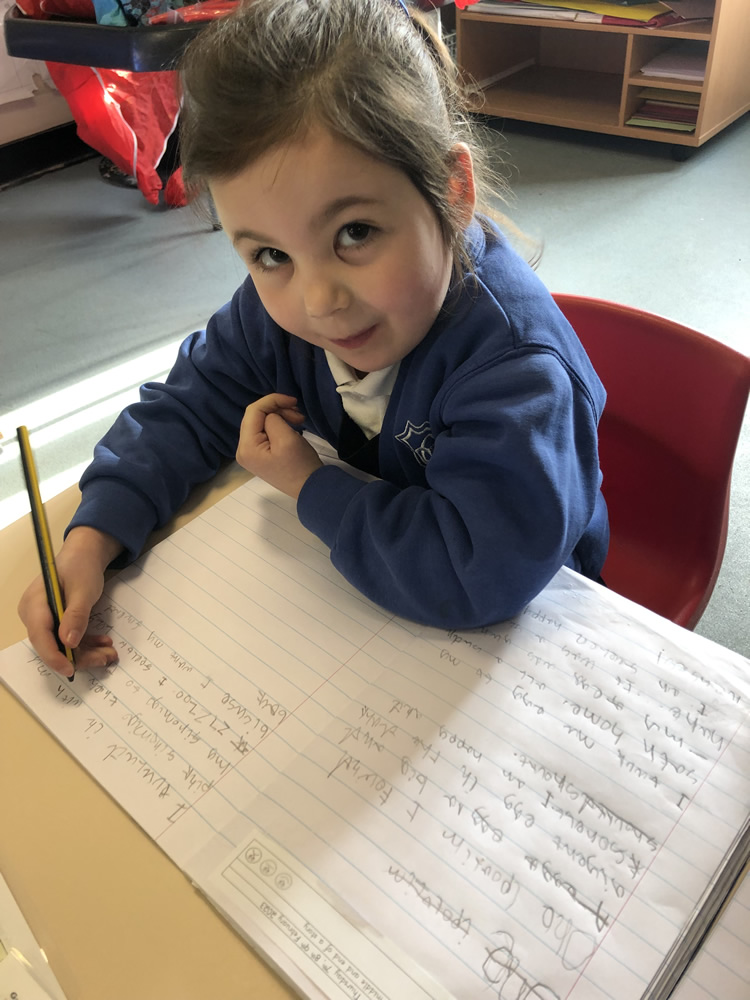

Our spellings are planned and taught using the Spelling Shed scheme of work. Children have the opportunity to practise their spellings in school and have access to assignments online, that are set for homework. All children in Year 3 and above have their own log in so they can access this.
The Spelling Shed approach focuses on the relationship between sounds and written words. There is a focus on understanding the meaning of words and building on phonic knowledge.
